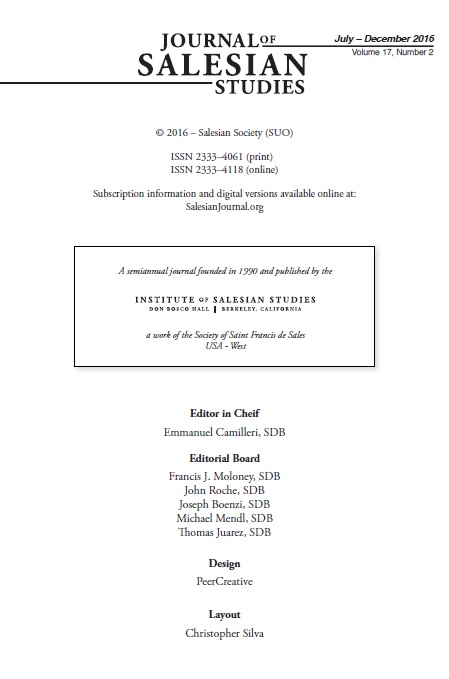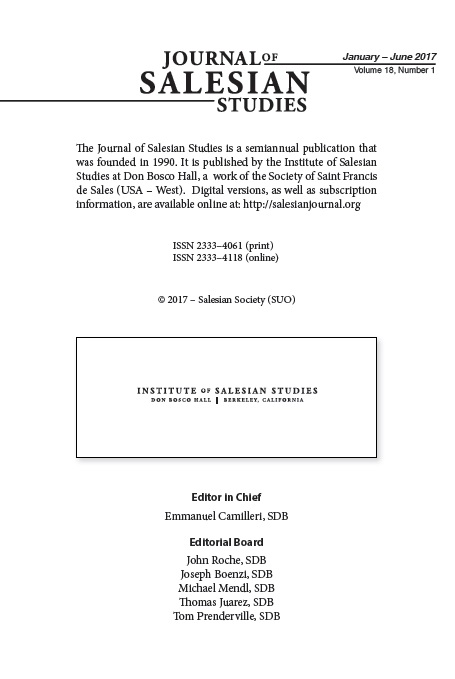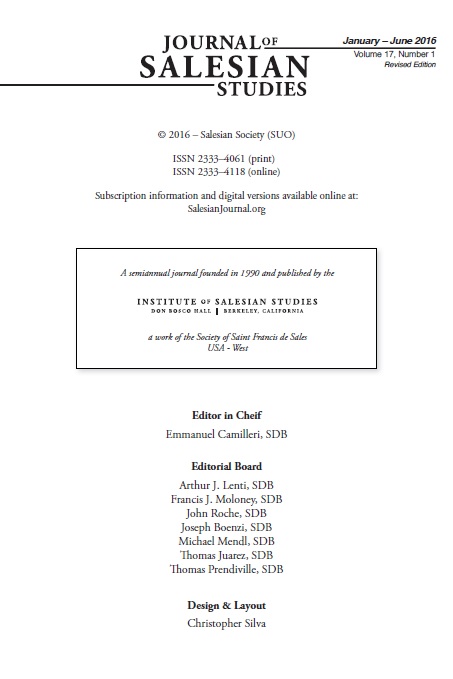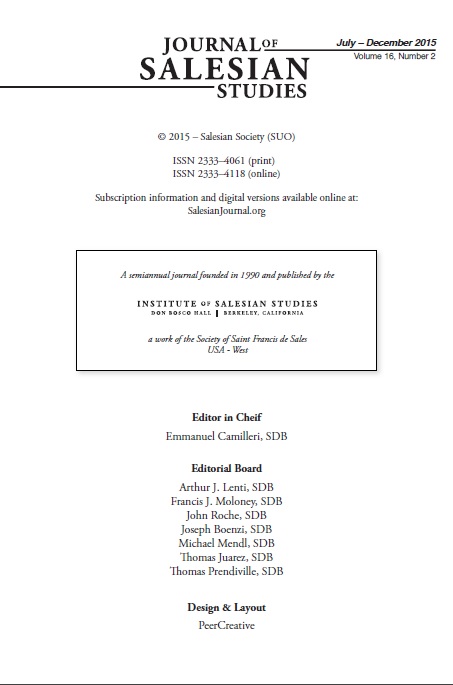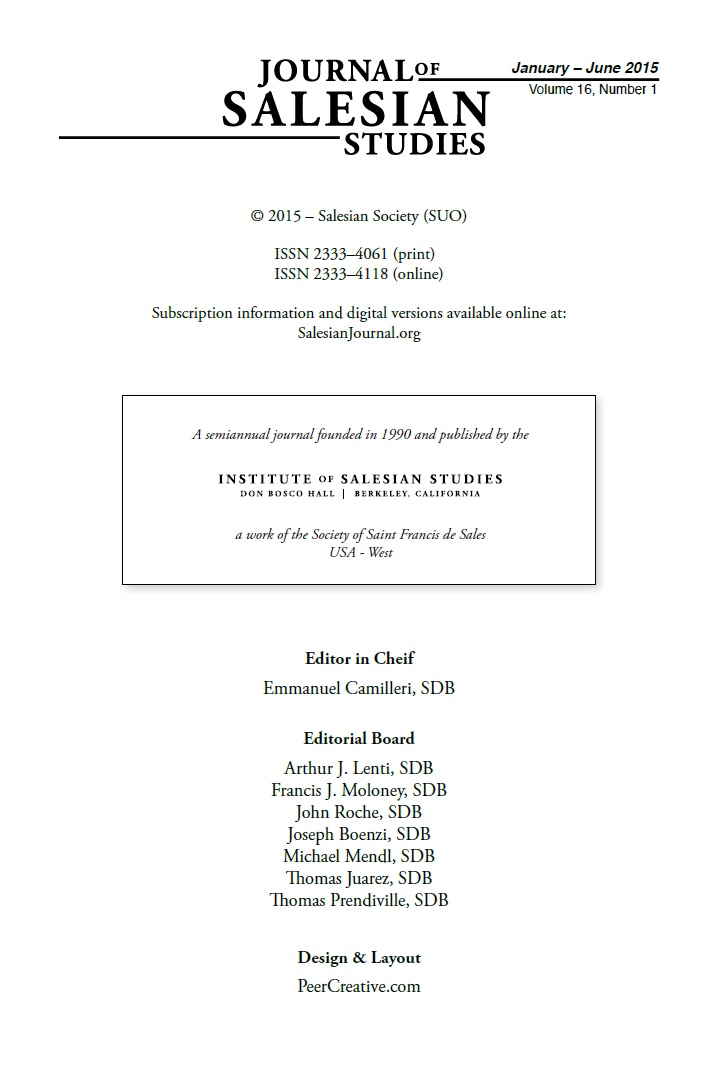While preparing pilgrimages and spiritual exercises in Annecy and the neighborhood, I discovered reliable sources among the German and Dutch Oblates of St Francis de Sales. As a consequence of keeping contact with various participants, they invited the undersigned to take part in the annual meetings of their Arbeitsgemeinschaft (“study group”) in Eichstätt, Germany.
